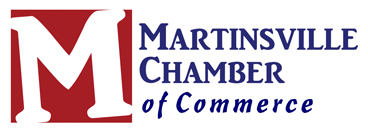Mayor
The mayor is the chief executive officer of the city and is responsible for all operations of the city departments. He or she signs all bonds, deeds, and contracts of the city; and approves or vetoes ordinances, orders, and resolutions of the Common Council. The mayor appoints heads of the executive departments and many board and commission members and presides over the Common Council and Board of Public Works and Safety meetings.
Common Council (2nd & 4th Mondays at 7:00 pm in Council Chambers on the 2nd floor of City Hall)
The Common Council is the legislative and fiscal body of the city. They consider and pass city ordinances, resolutions, and motions for the government of the city and approve departmental budgets and employee salaries recommended by the mayor.
Five members of the common council are elected by voters from each district, and two members are elected as at-large members. The Clerk-Treasurer is the clerk of the Common Council. The mayor participates and leads the Common Council meetings in a non-voting manner.
Board of Public Works & Safety – (2nd & 4th Mondays at 6:30 pm in Council Chambers on the 2nd floor of City Hall)
The Board of Public Works & Safety, consisting of the mayor and two members appointed by the mayor in accordance with state statute, approves all claims and makes decisions about anything to do with public works (utilities) and safety. This includes approval of temporary street closures for special events, newly installed stop signs, sewer adjustments, and contracts.
Redevelopment Commission
A redevelopment commission is another local governmental body that you might hear referred to as the RDC. Although Morgan County also has an RDC, we are focusing on the City RDC here. There are five voting members, who are charged with investigating opportunities for economic development and redevelopment within a designated area. The RDC has the power to create economic development areas or areas needing redevelopment, and TIF districts (among other powers). A redevelopment plan is a plan of action, including a list of potential projects that an RDC is required to create for an area needing redevelopment. The RDC is charged with all decisions regarding the use of TIF funds and can generate GO bonds, as well as other bonds, which are in turn paid back using TIF funds. This is a common way for municipalities to finance important infrastructure and growth projects.
